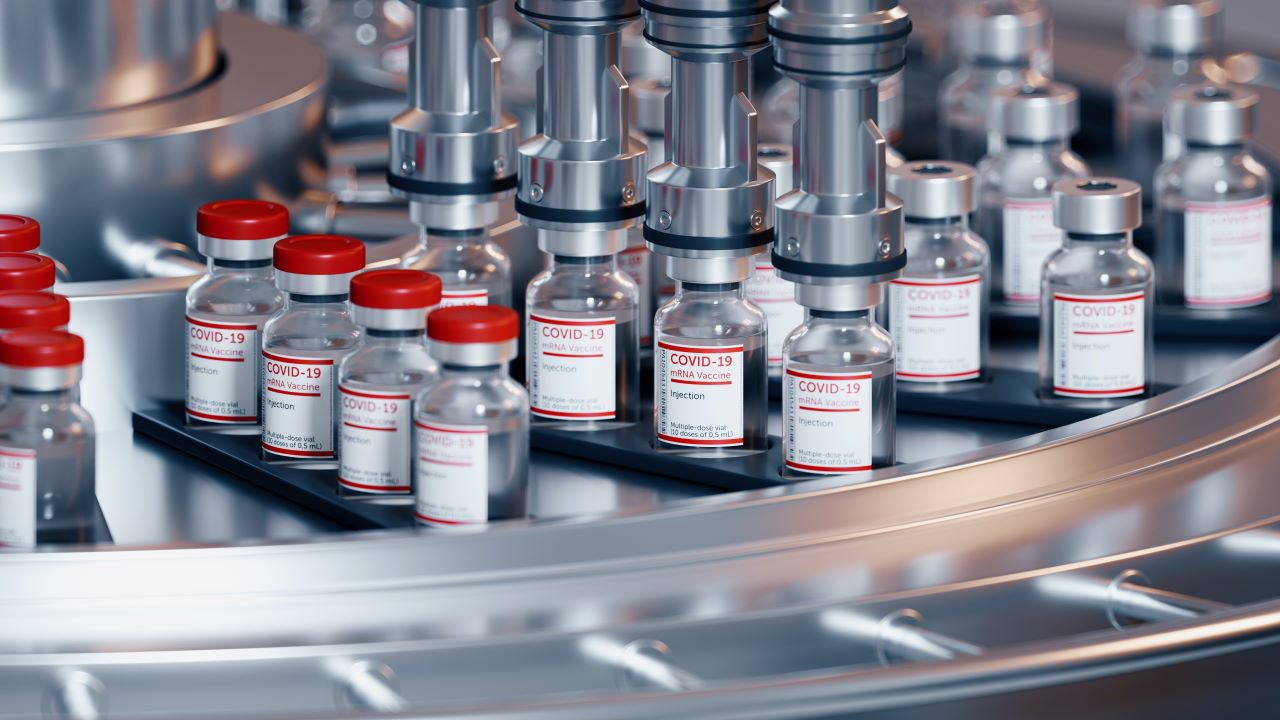Since the dawn of the Covid-19 pandemic, there have been over 24.5 million confirmed cases in the UK. In response, over 151 million Covid-19 vaccine doses have been administered. Longevity data on these vaccines is now becoming available. In a May 2023 publication in Nature Medicine, Agatha van der Klaauw and colleagues from the University of Cambridge investigated the long-term relationship between severe obesity and Covid-19 vaccine protection. Using the Early Pandemic Evaluation and Enhanced Surveillance of Covid-19 (EAVE II) system, the researchers reported that severely obese participants (body mass index [BMI] >40kg/m²) had fewer neutralising antibodies than non-obese participants, and that total antibody levels dropped significantly more over time in the severely obese group than in the non-obese group. This demonstrates that severe obesity has a negative impact on both the production of neutralising antibodies and long-term maintenance of antibody levels from the Covid-19 vaccine.
The cohort comprised over 3.5 million Scottish adults, all of whom had received both doses of the initial Covid-19 vaccine and/or a booster. Blood samples were taken at several points: six months after the second dose of the initial vaccine schedule, the day of the booster (0 days), eight days post-booster, 28 days post-booster, and 105 days post-booster. People who contracted Covid-19 at any time before or during the study were excluded.
The researchers measured two markers of vaccine efficacy: antibody titer and neutralisation capacity. Covid-19 vaccines target the spike protein, which contains a protein that allows the virus to bind to human cells. Higher antibody titers imply better protection. Neutralisation capacity is the ability of those anti-spike antibodies to prevent SARS-CoV-2 from binding to host cells. Neutralising antibodies play a direct role in protection from Covid-19, where non-neutralising antibodies are indirectly protective.
Van der Klaauw and colleagues reported that, six months after the second vaccine dose, the levels of anti-spike antibodies were comparable between the severely obese and non-obese groups. However, the antibodies in the non-obese group were more capable of neutralising SARS-CoV-2 than the antibodies in the severely obese group. Neutralising antibodies were undetectable in 55% of the severely obese group and in only 12% of the non-obese group. At eight and 28 days post-booster, both anti-spike antibodies and neutralising capacity were comparable between the groups. However, at 105 days post-booster, the severely obese group lost significantly more anti-spike antibodies and neutralising capacity than the non-obese group.
This study illustrates that severe obesity does not affect an individual’s ability to produce antibodies after receiving the Covid-19 vaccine but does impact the ability of those antibodies to be protective against SARS-CoV-2. In addition, the antibody response wanes more quickly in severely obese people than in non-obese people. T cell responses did not differ between the severely obese and non-obese groups, so this waning effect is specific to humoral immunity (the system responsible for producing antibodies). Ultimately, the authors reported that severely obese individuals are 76% more likely to be hospitalised or die due to Covid-19. In 2023, GlobalData epidemiologists predict the UK will have over 21 million total prevalent cases of overweight (33% total prevalence), 16 million total prevalent cases of obesity (24.5% total prevalence), and 1.5 million total prevalent cases of stage III or severe obesity (2.4% total prevalence). Van der Klaauw and colleagues note that obesity hampers the immune response to vaccines against influenza, rabies, and hepatitis. The effect of obesity on Covid-19 vaccine efficacy further strengthens the association between obesity and a weakened immune response. Protection against future pandemics should thus include two fronts: emergency preparedness for acute illness, and long-term health and wellness goals, aimed at reducing obesity and related comorbidities. These tandem approaches will help ensure that supplies are available in a crisis and that the populace has an increased long-term immune response.

US Tariffs are shifting - will you react or anticipate?
Don’t let policy changes catch you off guard. Stay proactive with real-time data and expert analysis.
By GlobalData





